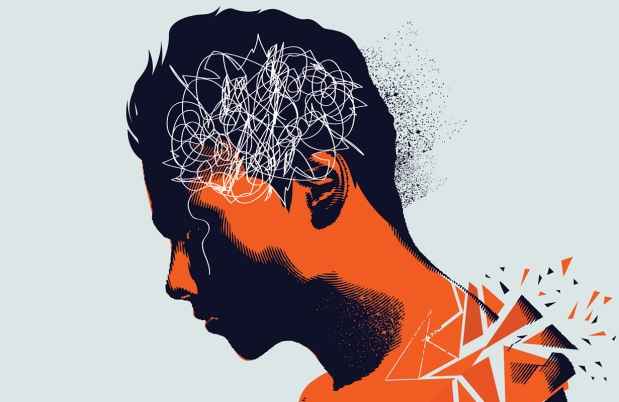
Brian D. Kangas, PhD
Director, Cognition Biology Laboratory
- Assistant Professor of Psychiatry
Biography
Brian D. Kangas, PhD, is an assistant professor of psychiatry at Harvard Medical School and director of the Cognition Biology Laboratory at McLean Hospital. He first studied behavioral pharmacology while completing his PhD under the direction of Dr. Marc Branch at the University of Florida followed by a post-doctoral fellowship under the direction of Dr. Jack Bergman at McLean Hospital. His research program is funded by the National Institute on Drug Abuse, the National Institute of Mental Health, the biopharmaceutical industry, the Department of Defense, and NASA.
Dr. Kangas is the recipient of several research awards including a K01 award from the National Institutes of Health and the B.F. Skinner New Researcher Award from the American Psychological Association.
Dr. Kangas’ research examines the effects of psychoactive drugs on complex behavioral repertoires and cognitive processes relevant to pain perception, addiction, and neuropsychiatric conditions. He is engaged in the development and empirical validation of novel laboratory apparatus and techniques to further this study.
Dr. Kangas’ research efforts are generally divided between two drug categories—drugs of abuse and candidate therapeutics. Because the effects of abused drugs on cognition are arguably some of the most important and least understood, one aim of his work is to gain a better understanding of how drugs like marijuana, cocaine, and the prescription opioids affect learning, memory, vigilance, and other cognition-related behavior.
A second aim of his research is to design experimental techniques to evaluate both the desirable therapeutic effects of candidate medications as well as their potential undesirable side effects on various aspects of cognitive function. This work, he believes, can serve as important preclinical predictors of a novel pharmacotherapy’s efficacy and safety profile.
For Dr. Kangas, the examination of drugs of abuse and candidate therapeutics can often be studied in a reciprocal manner to inform each other. That is, many efforts in drug development strive to improve preexisting pharmacotherapies by decreasing adverse side effect profiles while maintaining medicinal value.
For example, prescription opioids are very effective in the management of many painful conditions, but also have well-known addiction liability.
Likewise, cannabis products can serve as excellent anti-nausea, anti-emetic, and appetite stimulant agents to assist those, for example, undergoing chemotherapeutic treatment; however, they also produce deleterious and unwanted effects on learning and memory.
Designing studies that examine the preexisting drug as a standard allows Dr. Kangas and his colleagues to engage in rigorous appraisals of candidate therapeutics to advance medications development.
- Jack Bergman, PhD, McLean Hospital
- Bill Carlezon, PhD, McLean Hospital
- Rajeev I. Desai, PhD, McLean Hospital
- Marc J. Kaufman, PhD, McLean Hospital
- Stephen J. Kohut, PhD, McLean Hospital
- Carol A. Paronis, PhD, McLean Hospital
- Diego A. Pizzagalli, PhD, McLean Hospital
Kangas BD, Bergman J. Touchscreen technology in the study of cognition-related behavior. Behavioural Pharmacology 2017;28, 623-629.
Kangas BD, Iturra-Mena AM, Robble MA, Luc OT, Potter D, Nickels S, Bergman J, Carlezon WA, Pizzagalli DA. Concurrent electrophysiological recording and cognitive testing in a rodent touchscreen environment. Scientific Reports. 2021;11(1):11665.
Kangas BD. Examining the effects of psychoactive drugs on complex behavioral processes in laboratory animals. Advances in Pharmacology. 2022;93:243-274.
Education & Training
- 2003 BA in Psychology, Southern Illinois University
- 2005 MS in Behavior Analysis, University of North Texas
- 2009 PhD in Psychology, University of Florida
- 2011-2013 Post-Doctoral Fellowship, McLean Hospital/Harvard Medical School



